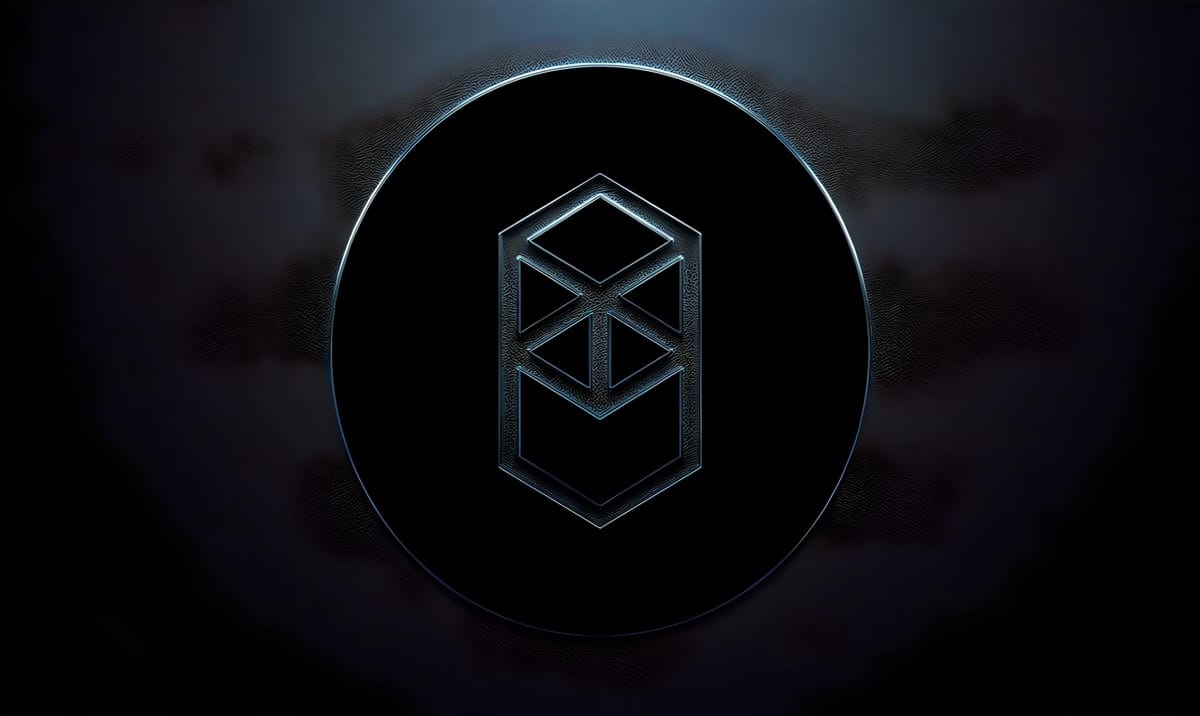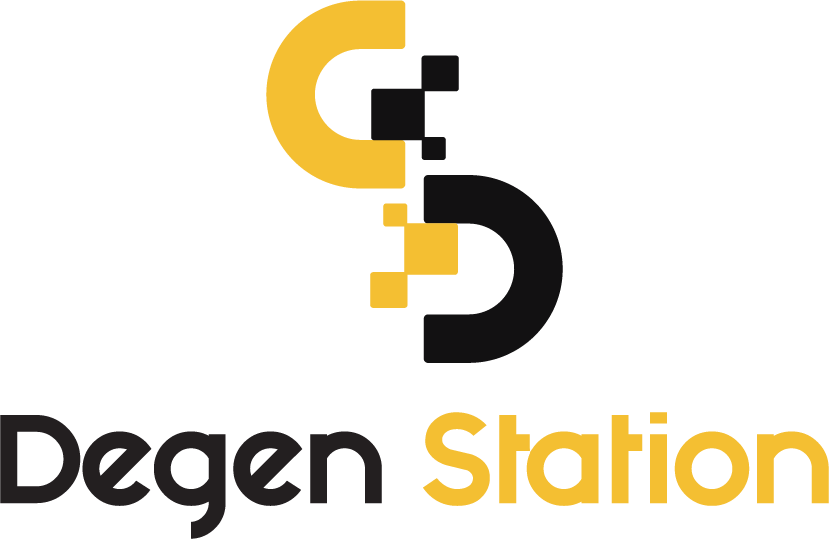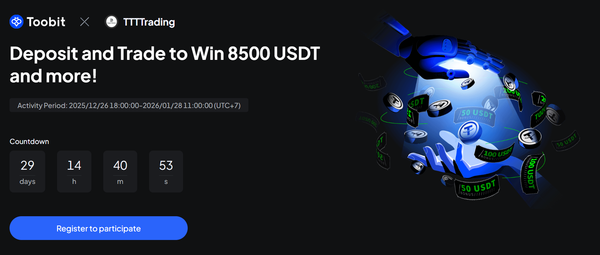Fantom Proposes 75% Reduction in FTM Burn Rate to Fund dApp Reward Program

Following the return of DeFi pioneer Andre Cronje, Fantom seems to be regaining its momentum with a new and innovative proposal.

According to a proposal made on December 1st, Fantom aims to implement a reward program for its dApp developers, optimized with network gas fees.
📢 New governance proposal: dApp Gas Monetization Program
— Fantom Foundation (Sonic Labs Coming Soon) (@FantomFDN) December 1, 2022
This gas monetization program will seek to reward high-quality dApps, retain talented creators, and support #Fantom’s network infrastructure.
Read the full details👇https://t.co/GVBAWXqXBO
To fund this initiative, the Fantom community has proposed reducing the current FTM burn rate from 20% to 5%. The development team further explained that Fantom’s Opera network will not directly compete with platforms like YouTube or Twitter but will focus on continually attracting and retaining top talent in the Web 3.0 space.
2/ If passed, this proposal will reduce Fantom’s burn-rate of 20% to 5% and redirect this 15% reduction towards gas monetization.
— Fantom Foundation (Sonic Labs Coming Soon) (@FantomFDN) December 1, 2022
🗳️ To vote, visit: https://t.co/wgpIrPtgpT
“We are taking what works in Web2 and restructuring it to align with the network’s priorities. This means adopting an ad revenue model and expanding it to generate income from gas fees to manage dApps and attract a steady user base.”
To qualify for potential rewards, dApps must record at least 1,000,000 transactions and remain active on the Fantom Opera network for three months or more. Once approved, developers can then apply for 15% of the total gas fees allocated to their dApp.
However, the Fantom Foundation retains the right to suspend any payment streams indefinitely for any reason, including suspected fraudulent activity or if the organization believes it is in the best interest of the Fantom ecosystem.
As of the time of this report, a total of 8.36 million FTM tokens have been burned since the Fantom mainnet launched in 2019. Voting on the proposal is underway and requires a minimum of 55% of FTM holders to cast their votes for approval.
This proposal to fund dApp developers has become one of the most prominent recent developments from the protocol, following earlier suggestions to use burn fees to create an ecosystem development fund and implement an automatic "bug scanning" system for smart contracts.
Notably, this move comes at a time when DeFi guru Andre Cronje, who significantly contributed to Fantom’s success, has returned. This could create a favorable environment for the project to attract renewed interest from users.





